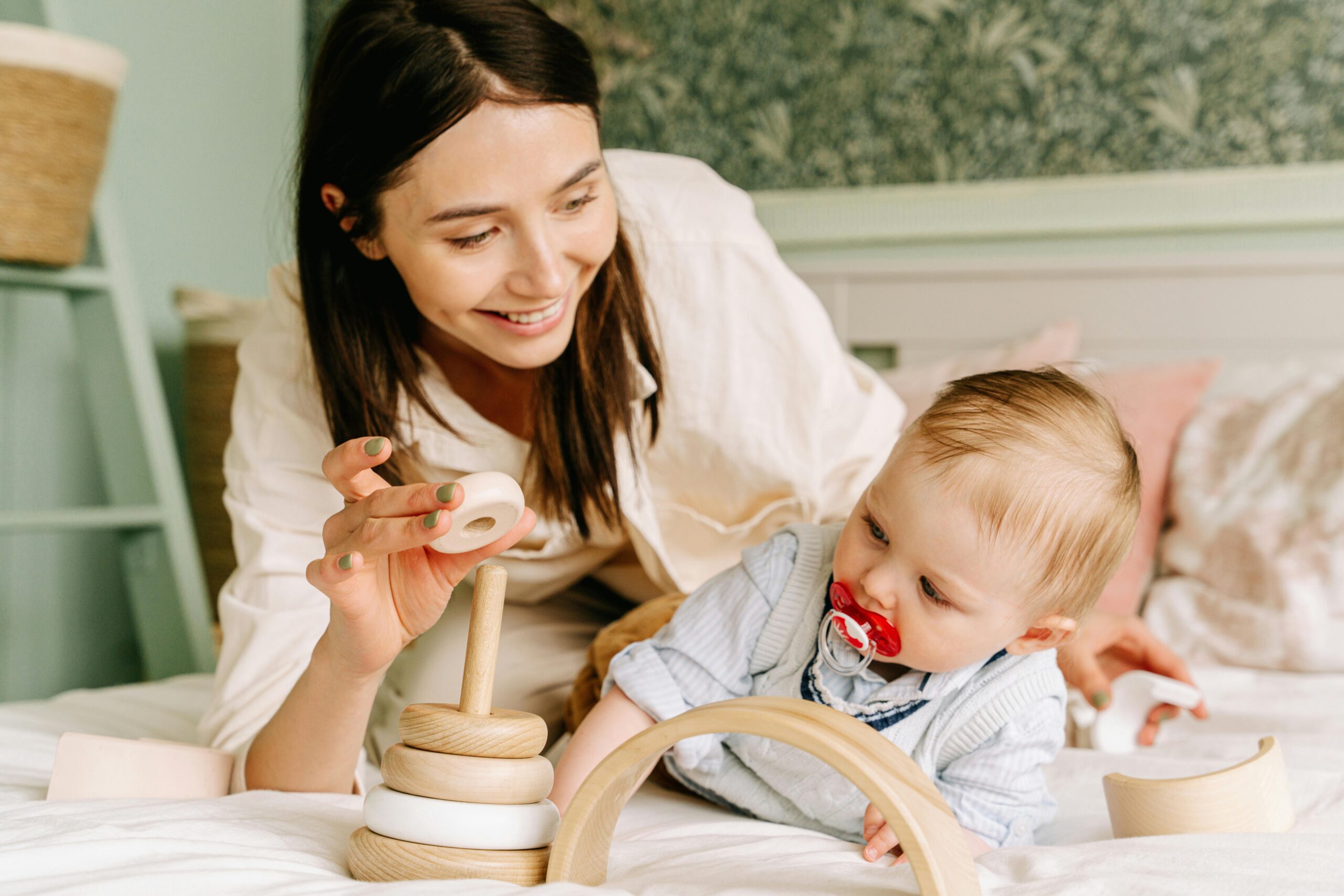Raising Happy Kids in a Simple Home: Mindful Parenting Without the Overwhelm

In today’s fast-paced, overstimulated world, raising children can often feel overwhelming. Between school commitments, after-school activities, and the endless pressure to do more and buy more, many parents find themselves exhausted and disconnected. But what if we could raise happy, confident children without all the chaos? What if parenting could feel calmer, more intentional—and even joyful?
Welcome to mindful parenting in a simple home. This approach isn’t about being a perfect parent. It’s about showing up, being present, and creating a nurturing environment where your children can truly thrive.
1. Why a Simple Home Helps Children Flourish
A cluttered home can create a cluttered mind—not just for adults, but for kids too. Research shows that children are more focused, creative, and calm in spaces that are tidy and intentionally designed.
By removing excess toys, clothes, and distractions, you make room for meaningful play, learning, and connection.
Consider creating calm play corners with a few carefully chosen toys. For example, a wooden toy organizer can keep things neat while being safe and beautiful in your living space.
👉 Learn how to create calm, organized spaces for your kids in this post on kids’ room organization ideas.
For research-backed insight, read this guide onthe science of clutter and child behavior .

2. The Link Between Simplicity and Emotional Well-Being
When children live in an environment that feels peaceful, their emotional regulation improves. They are less likely to feel overstimulated or anxious.
Instead of constant noise and screen time, provide them with opportunities to rest, read, and simply “be.”
A soft reading nook with a cozy bean bag chair can become a favorite spot for quiet moments.
For techniques, visit Mindful.org’s parenting section .
3. Mindful Parenting in Daily Life
Mindful parenting is not about doing more, but about being more present. This means putting away your phone during conversations, really listening to your child, and acknowledging their feelings without rushing to “fix” everything.
You can also introduce simple family rituals—like morning hugs, bedtime stories, or a weekend nature walk. Even a small daily routine like drinking tea together before bedtime can help create a sense of safety and connection.
Explore more in our post: Evening Rituals That Simplify Your Mind and Prepare You for Rest

4. Practical Ways to Simplify Your Home
Here are some easy steps to create a simpler home for raising happy kids:
Declutter toys regularly. Keep only what your children truly use and love.
Limit clothes. A smaller wardrobe means less laundry and decision fatigue.
Organize school items. A wall-mounted organizer keeps backpacks and supplies in one place.
Create a tech-free zone. Bedrooms and dining areas should encourage conversation, not screen time.
Check out The Simplicity Parenting approach to learn how less really is more.
5. Teaching Kids Gratitude and Contentment
One of the most powerful lessons in raising happy kids is helping them appreciate what they already have. This doesn’t mean never buying new things—it means being intentional about purchases and encouraging gratitude.
Start a family gratitude journal where everyone writes one thing they’re thankful for each day. Even young children can draw a picture instead of writing. A beautiful leather-bound journal can make this habit feel extra special.
Instead of jumping in to fix, try saying: “That sounds hard. I’m here for you.” This teaches your child emotional intelligence and builds trust.
6. Balancing Activities and Downtime
It’s tempting to fill your child’s schedule with lessons, sports, and playdates, but overscheduling can lead to burnout. Children need downtime to process what they learn and to simply rest.
Try keeping one or two afternoons a week completely free from structured activities. Use this time for baking together, doing puzzles, or spending time outdoors. A classic wooden puzzle set can be a wonderful way to bond and boost cognitive skills.
7. The Joy of a Simple Life Together
When you choose simplicity, you are not depriving your children—you are giving them space to grow, create, and feel secure. Mindful parenting in a simple home nurtures deep connections and happy hearts.
By slowing down, decluttering your environment, and focusing on presence over perfection, you are teaching your children one of life’s most valuable lessons: Happiness doesn’t come from having more, but from living with intention and love.
8. Celebrate Progress, Not Perfection
There will be messes, tantrums, and hard days. That’s part of life. But when you choose to parent with presence and love, you’re already doing something beautiful.
Celebrate small wins. Reflect on what went well. And remind yourself that mindful parenting isn’t about getting it right every time—it’s about showing up, again and again, with an open heart.
Conclusion: Simplicity Creates Space for Joy
Raising happy kids doesn’t require perfection, expensive toys, or packed schedules. It begins with a simple, calm home and a mindful heart. By slowing down, simplifying your surroundings, and being present with your children, you give them the greatest gift: a deep sense of love, belonging, and peace.
Start today. Simplify one corner of your home. Sit beside your child and really listen. You’ll be amazed at how much changes—inside and out.For more on creating peaceful spaces, read our Cozy Minimalist Living Room guide.
Affiliate Disclosure: This post contains affiliate links. If you purchase through these links, I may earn a small commission at no extra cost to you.
Disclaimer: This post may contain affiliate links. That means if you click and make a purchase, I may earn a small commission at no extra cost to you. I only recommend products I truly love and believe add value to your life. Thank you for supporting The Detangled Nest — it helps me continue creating free content for you. 💕



